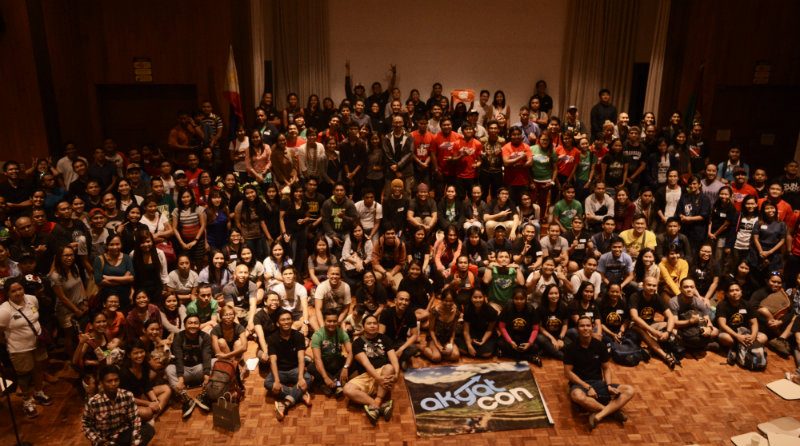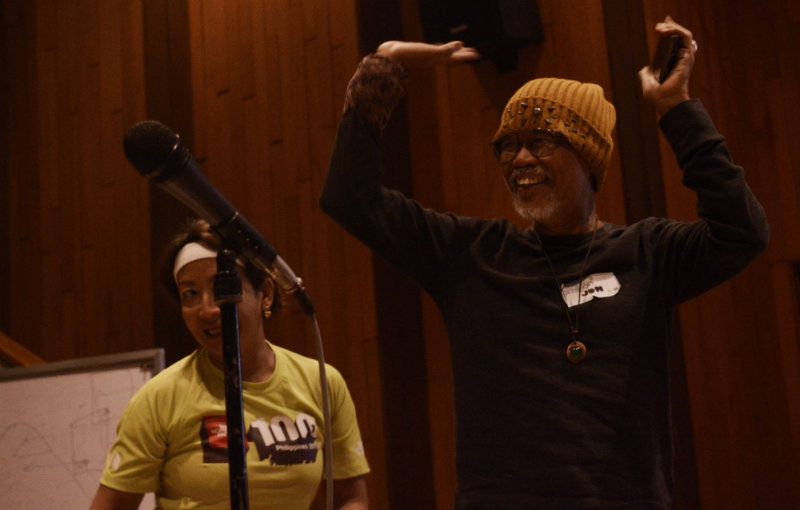SUMMARY
This is AI generated summarization, which may have errors. For context, always refer to the full article.

AkyatCon2016 is the first-ever mountaineering conference that aims to raise awareness on responsible mountaineering and environmental protection
MANILA, Philippines – As mountaineering becomes more and more a trend, both experts and enthusiasts alike reminded the public of the impact of the increasingly-beloved activity, and the responsibility of every mountaineer to the outdoors.
On Friday to Saturday, July 29-30, the University of the Philippines Mountaineers (UPM) held the first-ever mountaineering conference in the country. Dubbed as “#AkyatCon2016,” the event aimed to raise awareness on responsible mountaineering and environmental protection.
Yay Ortega, president of the Mountaineering Federation of the Philippines Inc (MFPI), said that the interest in the sport increased starting in the late 90s. This was marked by the increasing number of local outdoor shops, available package tours, and relatively more organized registration processes at entry points of mountains.
At present, social media plays a huge role in the increasing awareness of the sport. Photos posted online attract curiosity from others. She added that nowadays, anyone can be a mountaineer. “You just join a Facebook group, and you can already call yourself a mountaineer,” she said.

- Plan ahead and prepare
- Travel and camp on durable surfaces
- Dispose of waste properly
- Leave what you find
- Minimize campfire impacts
- Respect wildlife
- Be considerate to other visitors.

Add a comment
How does this make you feel?
Loading
There are no comments yet. Add your comment to start the conversation.